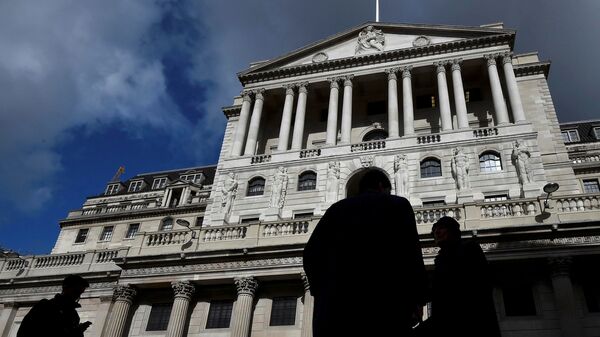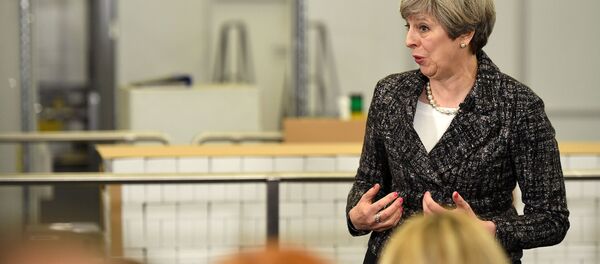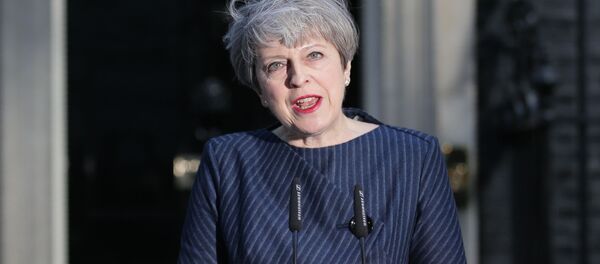Kristian Rouz — UK Exchequer saw its budget deficit decline to a nine-year low amidst resilient economic growth in the past three quarters, avoiding the murky earlier predictions that the post-Brexit headwinds would harm the nation's fiscal sustainability.
The British budget deficit narrowed to £52.0 bln in the fiscal year 2016/2017, however, after the Exchequer changed its stance on policy in March, the deficit for that month increased to £5.1 bln from £4.2 bln the previous year, hitting its two-year high. Chancellor of the Exchequer Philip Hammond is eyeing less severe austerity as the budget allows for some policy loosening, which is poised to spur inflation and domestic consumption, allowing for quicker economic growth.
In the 2015/2016 fiscal year, the last pre-Brexit year, budget deficit was £72.0 bln. The weaker GDP growth in that period was the main reason behind lower tax revenues, and even strict austerity has seemingly failed to help. Meanwhile, the full-year deficit for the 2016/2017 year was the lowest since 2008/2009, and is now 2.6pc of the GDP compared to that of the record-highest 9.9pc in fiscal year 2009/2010.
Hammond decided not to increase wage income taxes in March, which resulted in an increase of budget deficit for that month, but the current budget circumstance allows for such a move. With a snap election ahead (in June), Hammond wants the Tories to abandon the pledge to not raise taxes, so that he could turn the budget deficit into surplus by the 2020s. However, with the Conservatives leading in polls ahead of the election, their stance on taxes is unlikely to change, whilst some easing in austerity policies might eventually materialise.
With tax revenues having hit their record high in March, according to Office for National Statistics (ONS) data, government spending (not inflation-adjusted) also increased to its all-time high. UK corporate tax revenues surpassed their pre-crisis levels for the first time in a full fiscal year, meaning there are solid preconditions for the government to ease its austerity policies.
The upcoming election on 8 June could change the fiscal outlook for the year 2017/2018. Should the Tories win, an increase in taxes will not necessarily happen, but overall tighter fiscal policy would prevent the BOE from raising interest rates. A Conservative cabinet would be very reluctant to remove the austerity measures too quickly, limiting the scope of governmental spending.
Meanwhile, some market participants and observers expect the British economy to show signs of slowing having slowed in the first quarter to 0.4pc from 0.7pc the previous quarter, reflecting the increase in inflation that affected domestic consumption. However, the governmental figures on the GDP growth, to be released later, might be more optimistic than such forecasts.
Recently, the BOE's Michael Saunders said the low unemployment and sustainable real income growth have made the UK economy more sustainable than previously thought.





